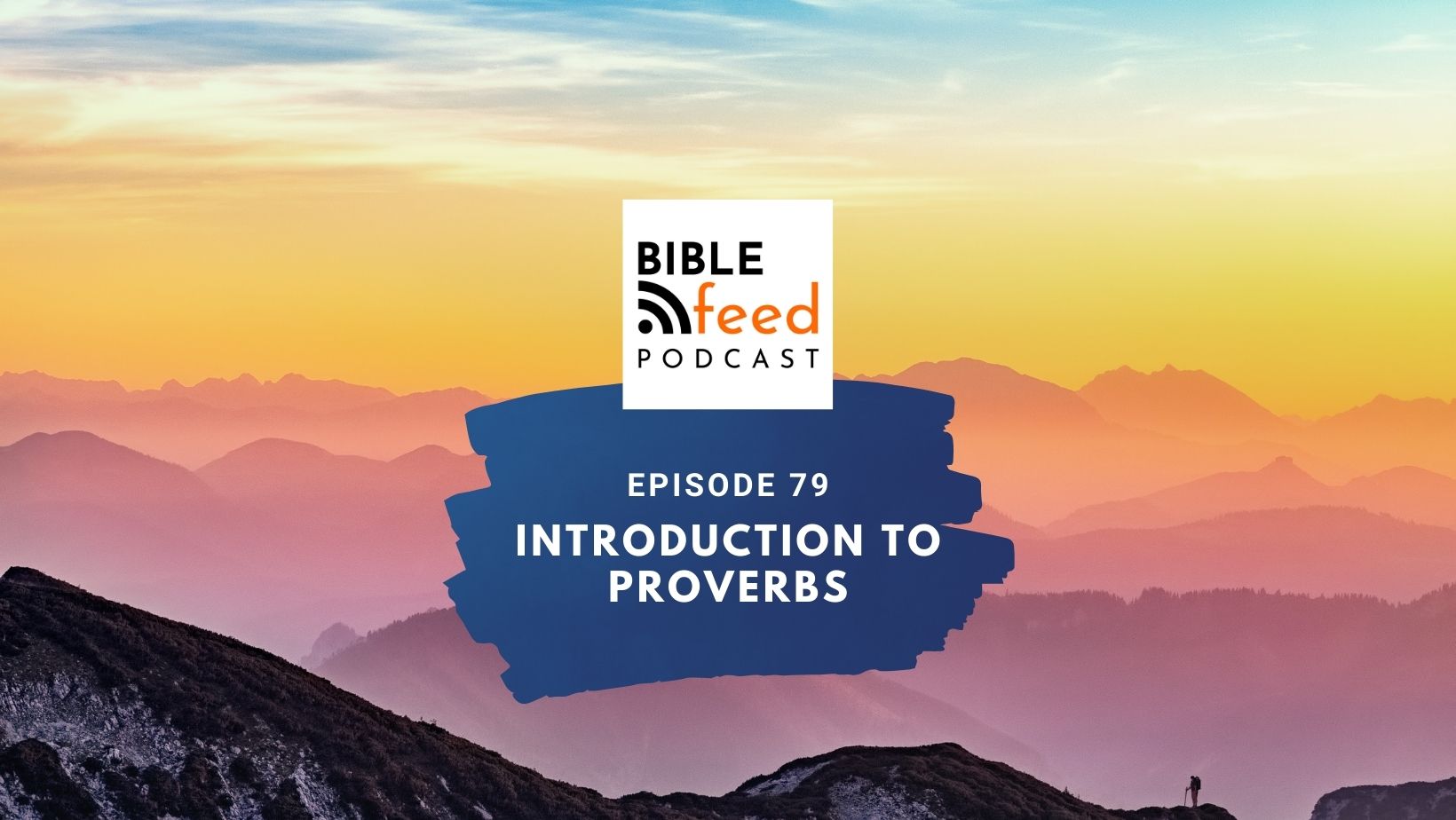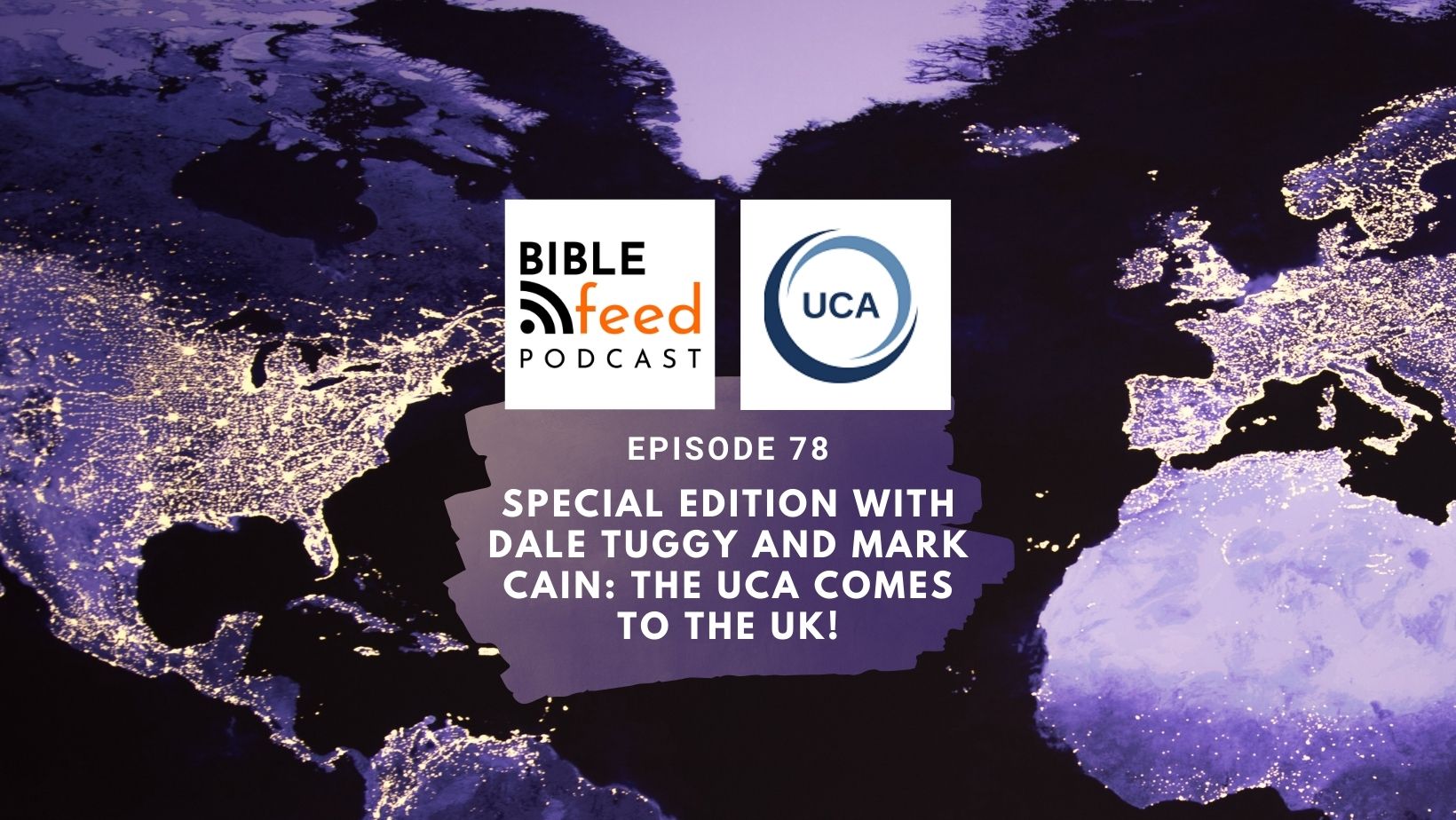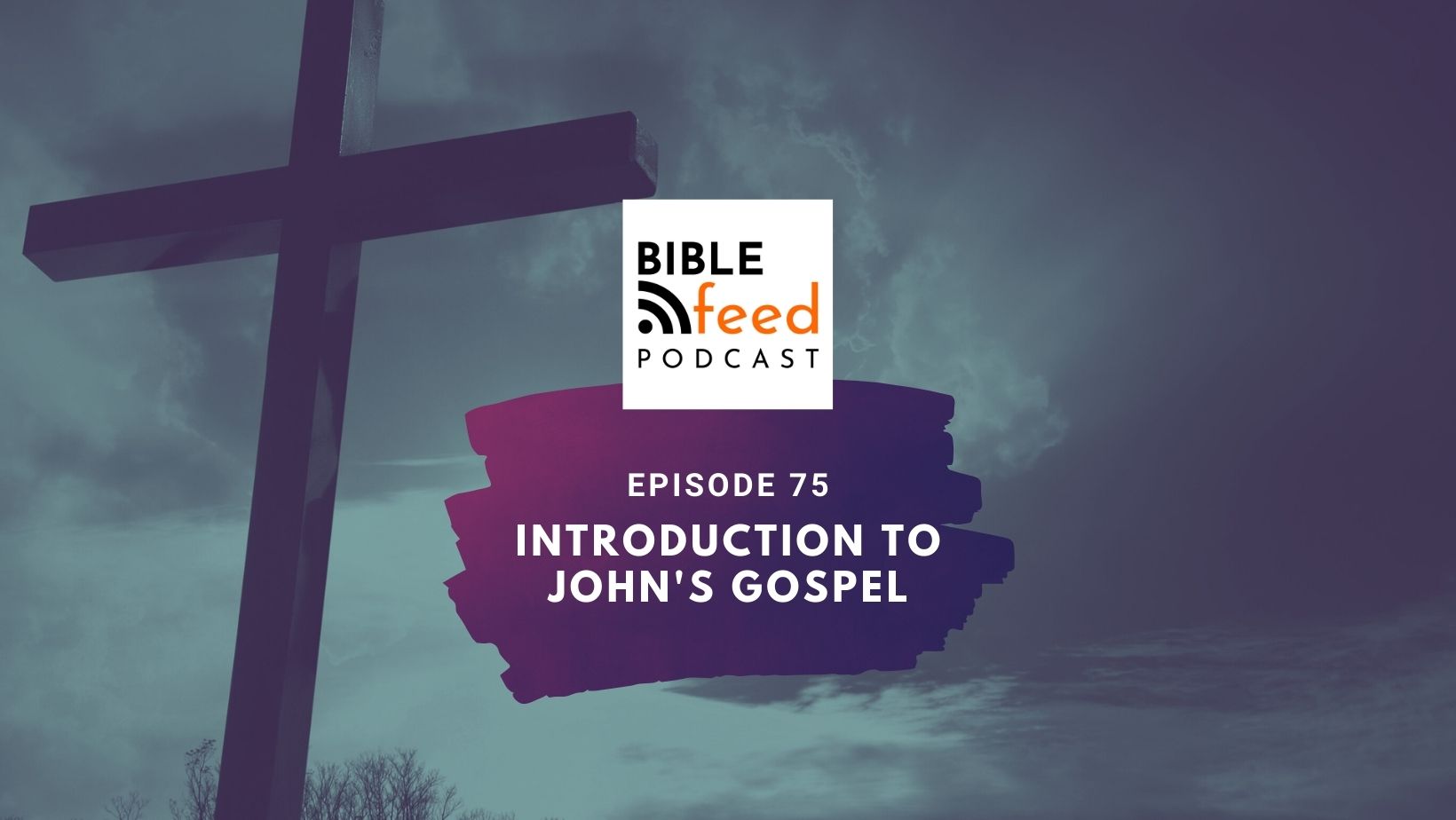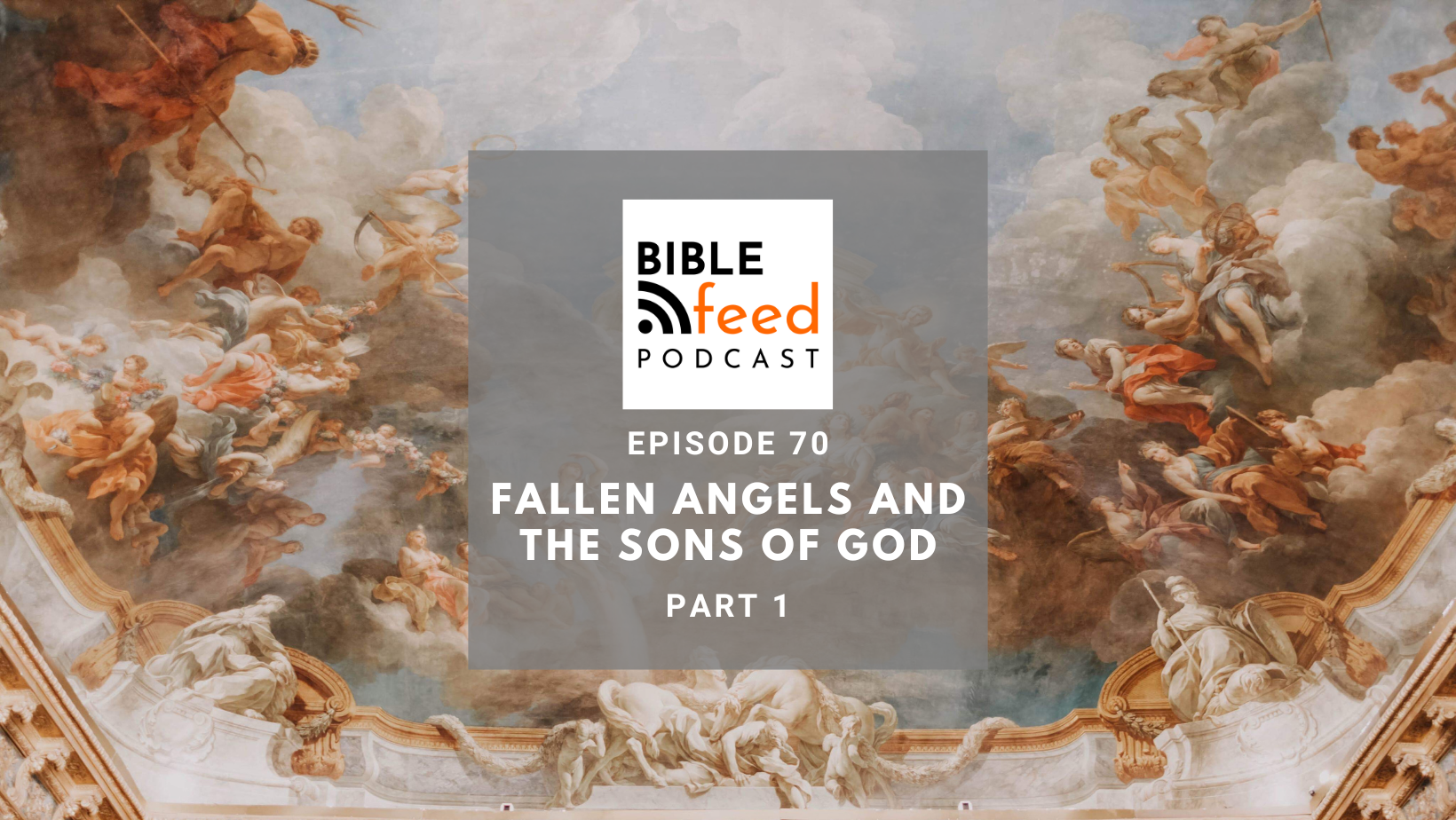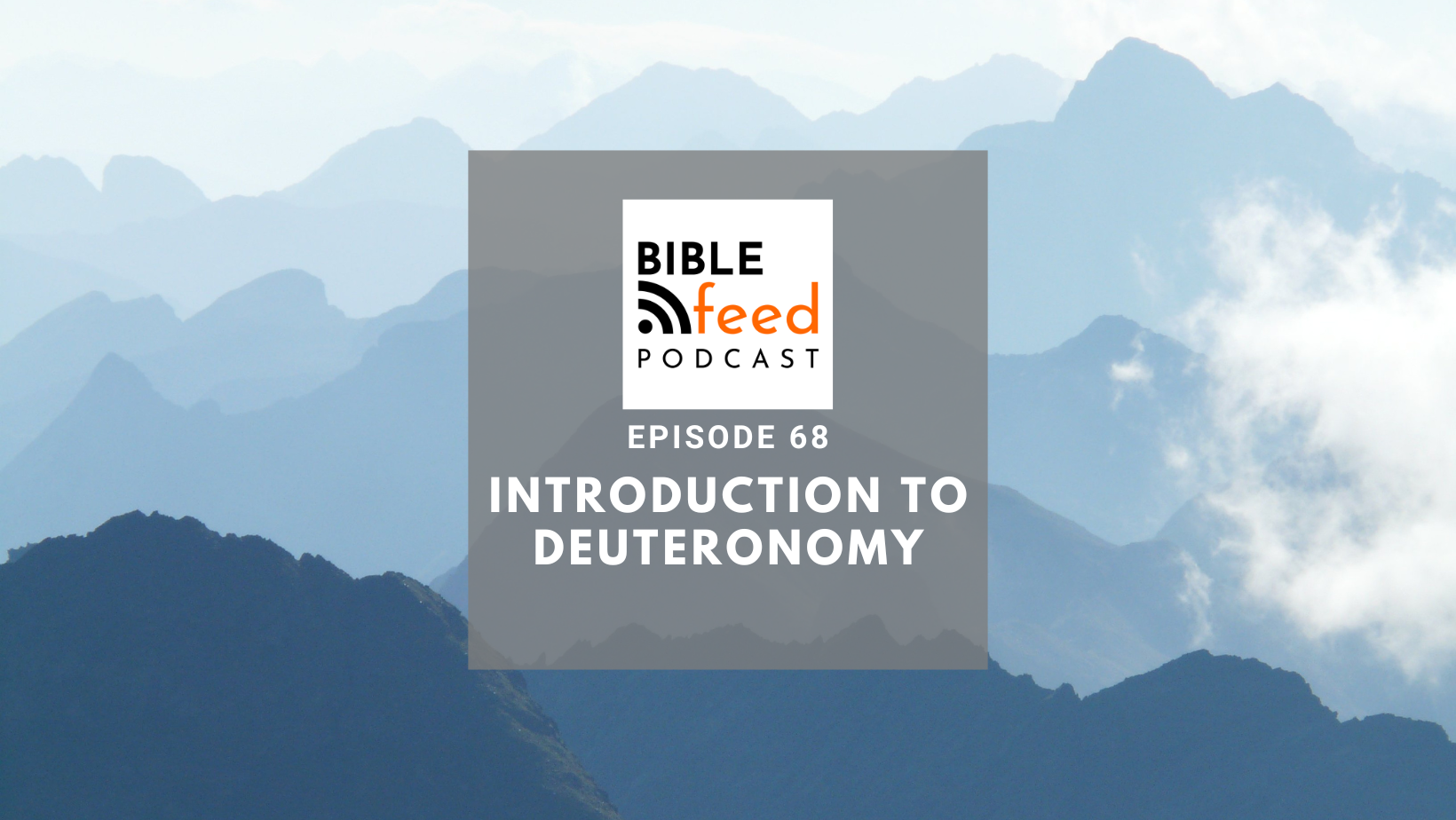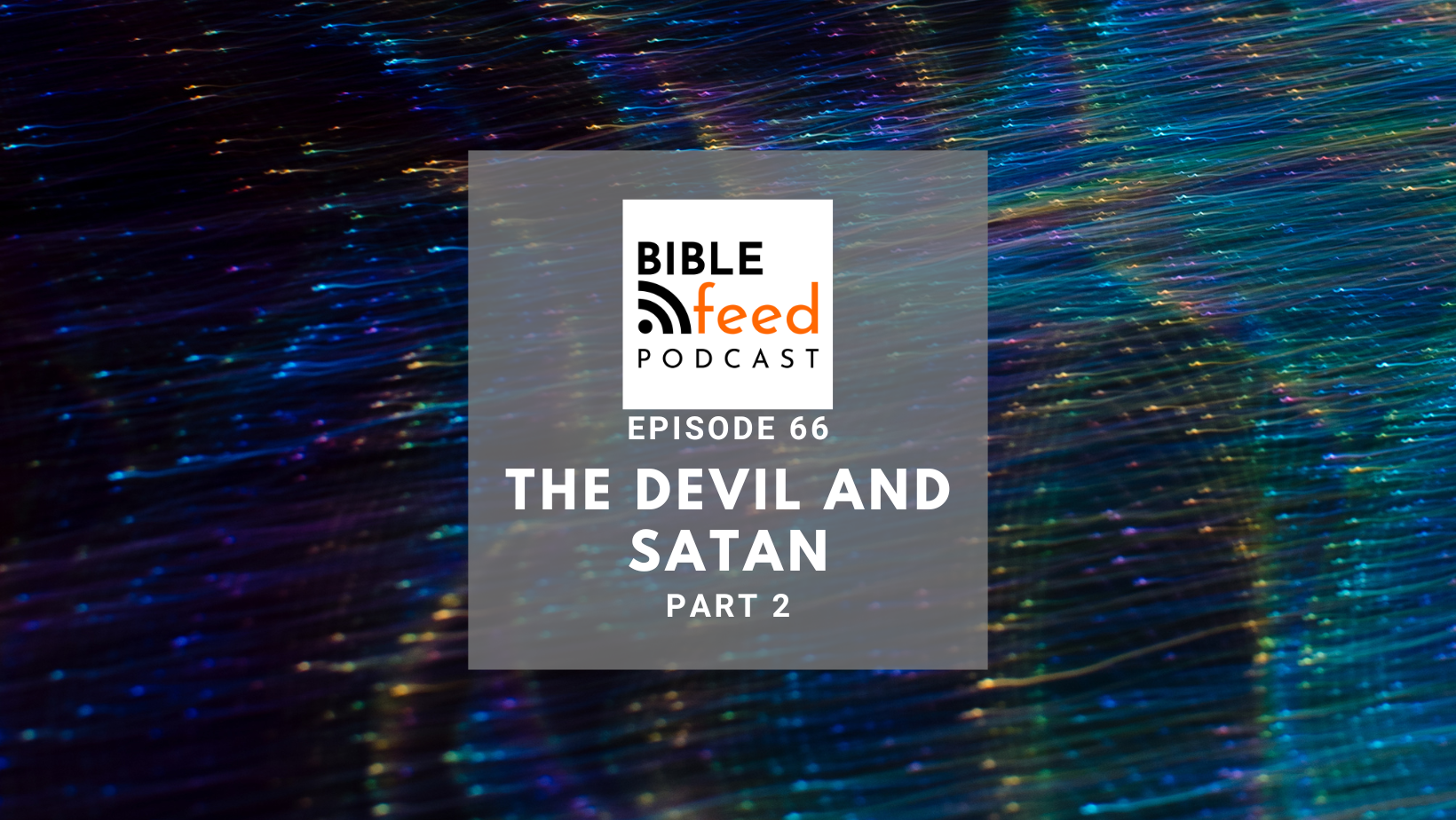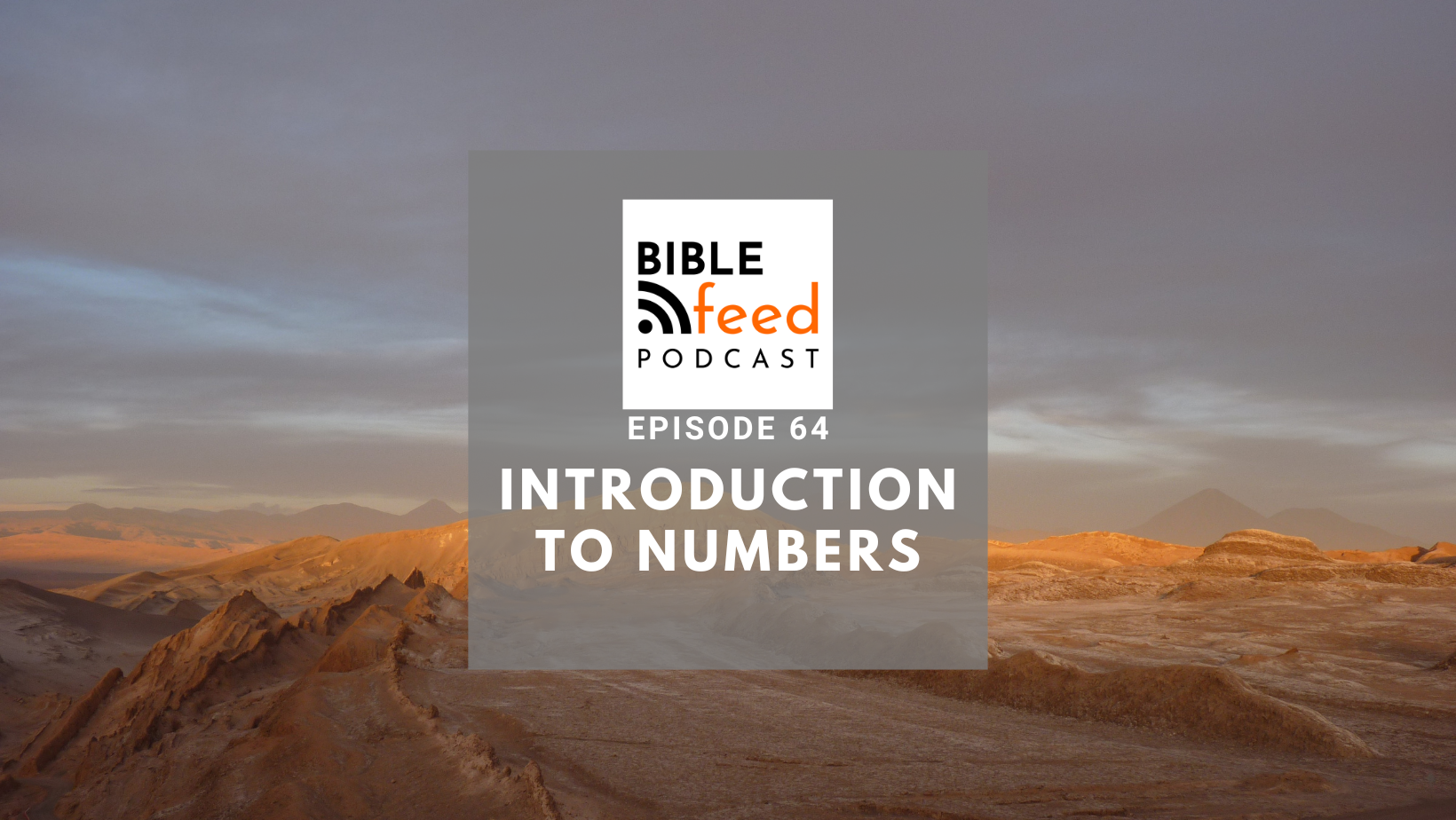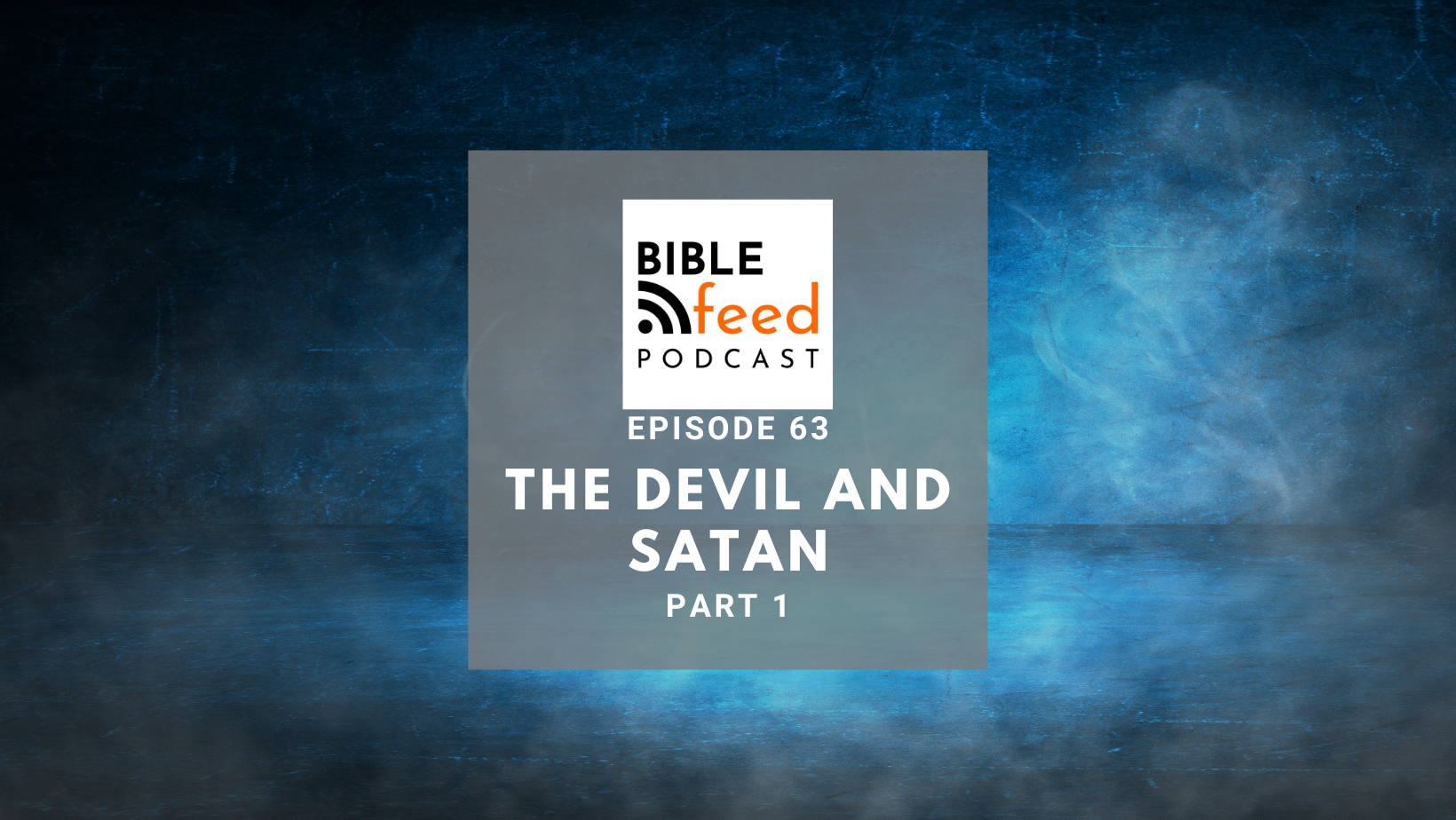Laurence and Paul try to make the book of Proverbs, in the Old Testament, easier to read. By breaking down its seven distinct sections, from fatherly advice to the young, through to reflections at the end of life, they aim to make Proverbs more accessible and meaningful. They also think about how Proverbs relates to other ancient wisdom literature and finish up by testing Laurence on his ability to recognise types of parallelisms!
Paul and Dan talk with Dale Tuggy and Mark Cain to find out about all the work they do with the Unitarian Christian Alliance (UCA) including their upcoming first conference outside the US to be held in Windsor, London 25 July 2024. They also discuss how increasing numbers of people are coming to understand the Biblical God, rather than one of the many 'trinity theories'. Learn more about how you can help the growing network of people coming to a Biblical understanding of God and his son Jesus!
In this episode Dan and Paul embark on an exploration of John's Gospel, unraveling its sense of majesty and mystery right from the opening verses. They discuss the unique structure and content of John's Gospel, comparing it to the Synoptic Gospels—Matthew, Mark, and Luke—highlighting its distinct opening, key themes, and the explicit purpose stated in John's narrative. They delve into the significance of belief, the role of witnessing, and the powerful symbolism of water and blood, offering a compelling argument for understanding John’s Gospel as a carefully selected collection of events aimed at strengthening the reader's faith in Jesus as the Messiah.
Is the phrase 'sons of God' used to refer to angels? If so, does that include spiritual beings with independent power to oppose God and his people? Using the framework of Michael Heiser's book, Unseen Realm, we start to examine what is termed the 'Divine Council' worldview. This involves grappling with some of the most mystifying parts of the Bible text - but hey, we're just ordinary people trying to understand the Bible better!
In this episode, we finish our series on the 5 books of Moses, the Torah, by looking at Deuteronomy. We find that this book acts as a stage-setter, defining how leaders of this ancient people will be described for the next 600 years. Remarkably, Deuteronomy also makes a surprise appearance at the end of that history, just before Israel were exiled to Babylon.
We continue their exploration of how these 'characters' appear in the Bible. In part 1 we reached a preliminary conclusion that they are used as terms to personify our inherent tendency to want to go our own way rather than God's way. We now look at many more of the relevant biblical passages to get to know the devil and satan better.
We continue our introduction episodes by looking at the book of Numbers. It's actually not just about counting things, but instead it's about a journey through the wilderness and it says much about God's overarching care for his people to protect, preserve and remain true to his promises.
Paul and Dan embark on a multi-part exploration of the terms Devil and Satan and how they are used through the Bible. They aim to lay some foundations by thinking about how our worldview might affect how we read the Bible and (eventually) start to explore some key verses. The initial conclusion is that they may not be referring to a supernatural being, as is commonly supposed.
For the next of our Bible book introductions we take a look at the smallest of Paul's letters, his letter to Philemon. Why should a personal letter about fixing a very personal relationship be included in the scriptures? We find that it is, in fact, an incredibly revealing case study into how being a Christian should change the way we view society and people around us.
Leviticus may not be the most appealing read, after all, what does how long you remain unclean if you touch a dead body, have to do with a Christian today? But by scratching the surface we find that the careful structure of this book points to something, or rather someone, who is so much greater than the law.

